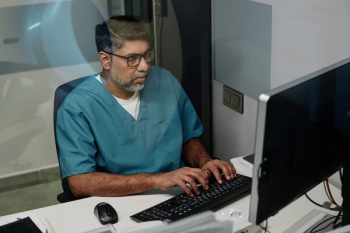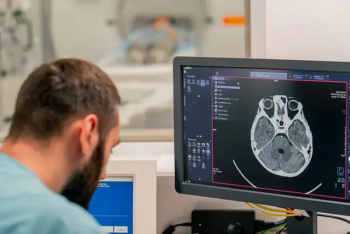
Shedding Bad Habits During a Job Change
Perform a self-evaluation when switching jobs to make sure you haven’t fallen into habits that might hurt your standing at the new position.
Readers of my recent columns will know that I’ve been focused of late on the various facets of changing one’s professional situation. I likened it to a reptile (such as my corn-snake, Crikey) shedding its skin: The longer one stays in a given job, the more of that job can seem to become part of the individual.
Some aspects of shedding one’s role in a former gig are more readily apparent than others. For instance, the “I’m not gonna miss this” factors that might have prompted a job-change in the first place. Myself included, I’ve seen more than a few folks whose maladaptive former places of employment made them bundles of stress, frustration, paranoia, grumpiness, etc. Leaving tends to prompt a feeling of rebirth and rediscovery that work doesn’t have to be a grim affair-even if, in a few months or years, the new place turns out to be just as bad.
There’s another facet of this change that can go unnoticed a little more easily, and is a potential lost opportunity: As you go from situation X to Y, you can (and probably should) shed some bad habits in the process, and/or develop some new ones.
That goes for the fundamentals of how you practice your profession, as much as the higher-order stuff. For instance, some of the referring clinicians in situation X might have insisted that you routinely include some measurements or verbiage in your reports that neither you nor anybody else in the radiological world considers important. You’ve been compliant because, after all, they were your referrers and you wanted to appease them, or at least your bosses did. Now you’re free of that time-wastage.
On the other hand, maybe over the years you were in situation X you slowly got out of good habits. For instance, measuring scoliosis angles, because maybe none of your referrers seemed to care, and skipping it saved you a bit of time. Well, for all you know, in situation Y the referrers are going to care a great deal more, and it could make you look bad to gloss over such things. Now’s a great time to get yourself back in the habit of taking the extra few seconds to do the job properly-rather than waiting until you get called out in the new gig for cutting such corners.
The higher-order stuff merits attention also, of course. Maybe situation X didn’t place too much emphasis on your productivity, and Y does. Best to shed some of your lazier habits, and develop some newer, more industrious ones. Even if Y doesn’t make it a formal policy-you know, as the new guy in the fold, your performance is going to be watched, at least for a while.
Or, on the flipside: Maybe X was heavily focused on productivity, and you adapted to that in various ways that nibbled at other important things-like your sanity, or carefully proofreading your reports. Now you’ve moved on to Y, where your RVU tally isn’t the end-all-to-be-all. As you are able to stop chasing your tail quite so frantically, don’t just gratefully sag into relaxation-mode. Give some thought to how you used to perform before you were retrained to worship at the RVU altar.
Paying attention to social, organizational, and philosophical differences between X and Y is also a good idea to figure out which habits could use some adaptation. If X was a place where your role was confined to that of an RVU-producer, and your opinions about how to improve the place were ignored or downright unwelcome, you might have stopped offering them after a while. If Y is a more democratic kind of place, speaking up and participating might be how they expect you to show your interest and dedication. Staying in the habit of keeping quiet might come off as aloof and uncommitted.
Newsletter
Stay at the forefront of radiology with the Diagnostic Imaging newsletter, delivering the latest news, clinical insights, and imaging advancements for today’s radiologists.












